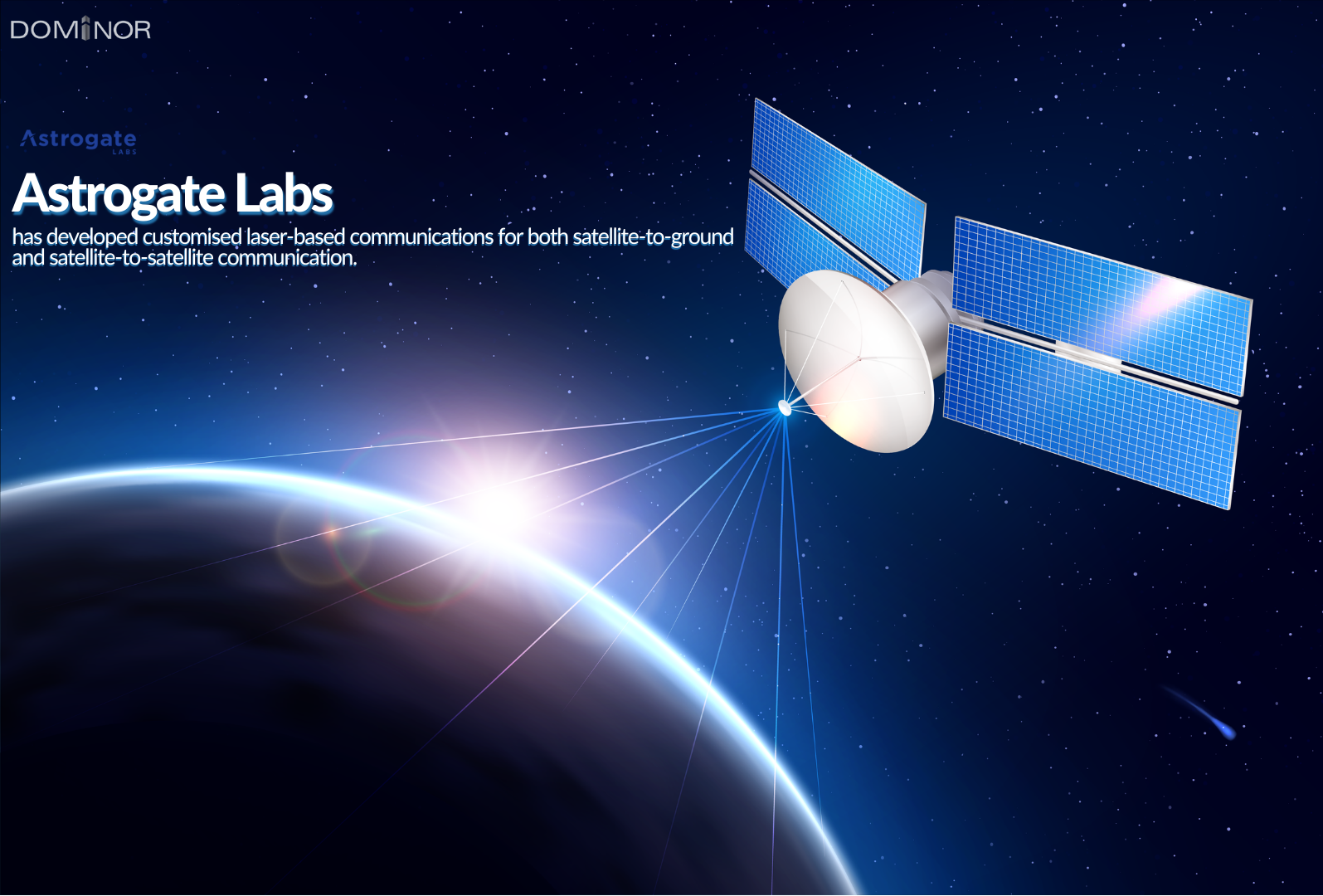
Astrogate Labs’ laser focus
Till some years ago, satellites were launched for telecommunications or observing the Earth. In either case, it was not necessary to beam signals from the satellite to a precise location on the ground — the signals fell on a broader area and that was okay.
But now, thousands of satellites are being launched for specific applications such as, say, observing a particular agricultural field. The data is very personal and needs to go to the owner alone. It becomes important to shoot the signal to a precise point on Earth. For this, the conventional radio-frequency mode won’t do — they have a large footprint and consume a lot of bandwidth.
Astrogate Labs, a Bengaluru-based start-up, has developed customised — laser-based communications for both satellite-to-ground and satellite-to-satellite communication.
Its ‘pointing, acquisition and tracking system’ is precise to a few milli-degrees, using lasers — which means overcoming a big challenge, because satellites tend to be wobbly. Lasers can beam down information to a point as small as 500 sq m and, unlike radio-frequency, there is no licence fee.


Where the need is for long-range (satellite-to-ground) and high-speed communications, lasers are much better than radio-frequency, says Nitish Singh, Co-founder and CEO, Astrogate Labs.
Last year, Astrogate raised $700,000 from a group of investors led by Speciale Invest. The start-up needs the money to first build a ground station and send up a satellite, so as to demonstrate to potential customers that its technology works. It has since acquired access to a ground station in Australia and will launch a satellite soon. This satellite may travel on a SpaceX rocket. Singh told Quantum that the satellite-to-satellite communication is currently under development and will be good to go commercial in 12–18 months.
Singh believes Astrogate has an assured future, as more and more satellites are set to orbit the Earth in the coming years. He said Astrogate aims for a revenue of $60 million in five years.
The company is a part of the emerging private space industry, with start-ups getting into satellite launch vehicles (like Skyroot Aerospace), keeping satellites in position with thrusters (Bellatrix) and communication to and from satellites. Venkat Vallabhaneni, Managing Partner, Inflexor Ventures, a venture capital fund that has invested in Bellatrix, said that the returns in this business could be a dizzying 10x and is eyeing more space companies for investing. Singh observes that the space industry has a long gestation period; but once that is through, the returns are high, particularly given that for any space start-up “the whole world is the market”.
